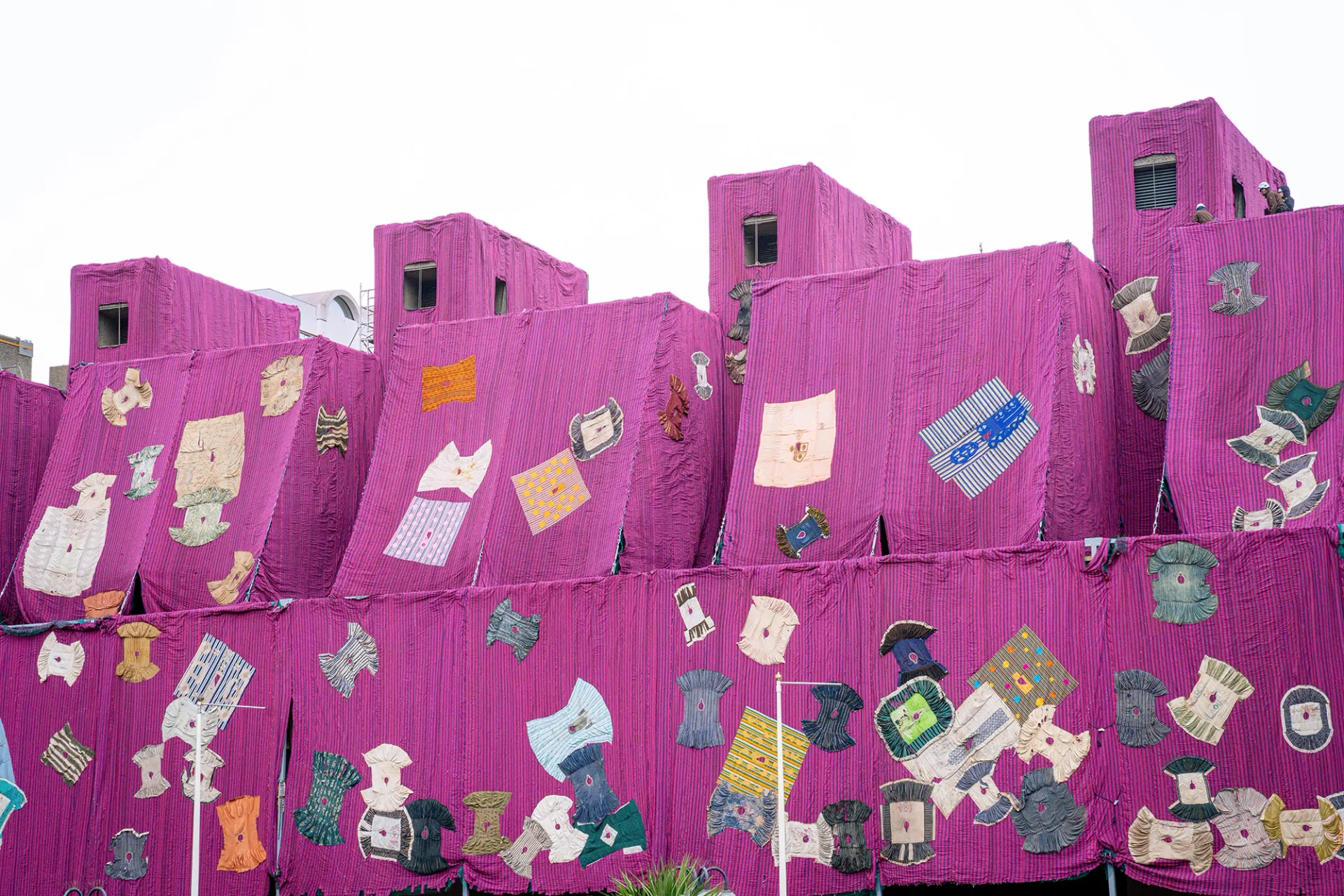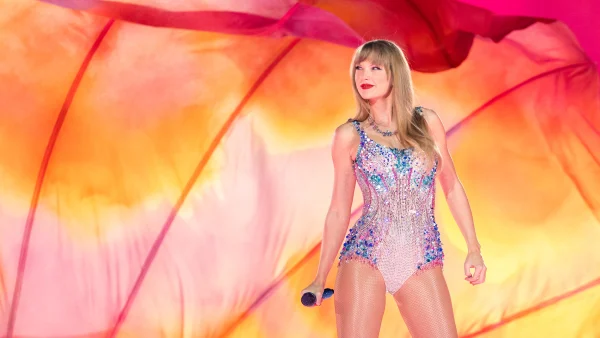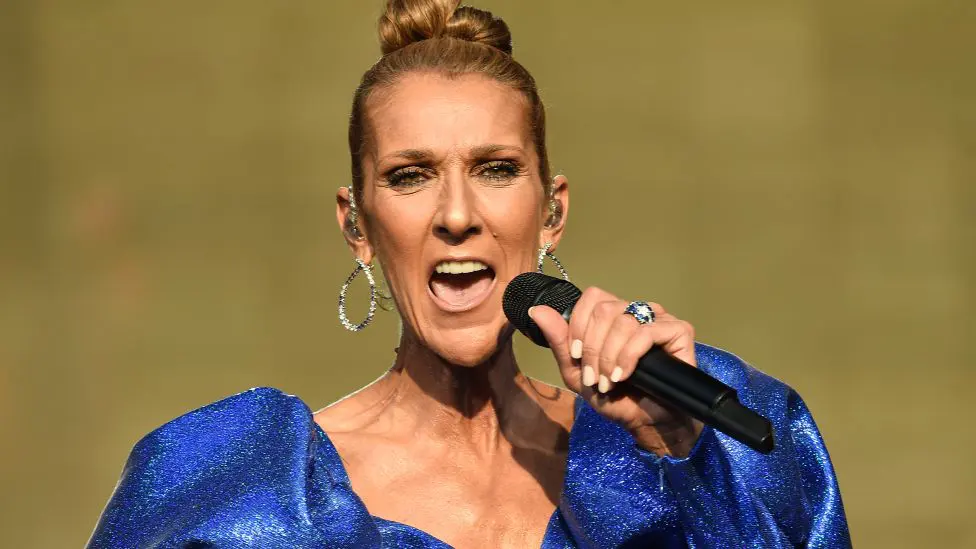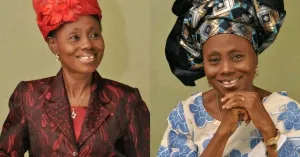Made in a Ghana Stadium, Unveiled in London: Ibrahim Mahama Drapes Barbican in Vast Purple Cloth Covering
Visitors to the Barbican Centre in London are in for a vibrant visual treat this spring as the exterior of the iconic brutalist structure undergoes a transformation. Ghanaian artist Ibrahim Mahama’s monumental public art piece, “Purple Hibiscus,” adorns the lakeside façade of the Barbican with swathes of pink and purple, creating a striking contrast against the grey backdrop of the building and the sky.
Creating “Purple Hibiscus”
This awe-inspiring artwork, spanning 2,000 square meters, was meticulously crafted by over 1,000 weavers and seamstresses at the Alui Mahama sports stadium in Tamale, Ghana. The project, completed within a tight timeframe of seven months, not only showcases Mahama’s artistic vision but also serves as a catalyst for local economic empowerment. The commission provided employment opportunities and injected vital funds into the community, contributing to its socio-economic development.
Meaning and Symbolism
“Purple Hibiscus” is not just a visual spectacle; it embodies layers of meaning and symbolism. Incorporating more than 130 traditional Ghanaian robes known as batakaris, Mahama infuses the fabric with historical memories and cultural heritage. These garments, passed down through generations, reflect the artist’s profound exploration of the life cycles of textiles and the narratives they carry.
Global Perspectives and Political Commentary
Mahama’s choice of materials and the global production process behind “Purple Hibiscus” underscore the interconnectedness of art, politics, and commerce on a global scale. By sourcing threads from China and engaging in a dialogue about historical legacies and socio-political dynamics, the artwork transcends geographical boundaries and prompts viewers to reflect on broader geopolitical issues.
Controversy and Critical Engagement
Mahama’s piece is part of the exhibition “Unravel: The Power of Politics & Textiles in Art,” which has sparked controversy due to the Barbican’s decision to cancel a talk on Palestine and the Holocaust. Despite the boycott by some participants, Mahama emphasizes the importance of critical engagement and dialogue within the art world, advocating for deeper political introspection and understanding.
Recognition and Future Endeavors
Amidst the acclaim for “Purple Hibiscus,” Mahama continues to receive recognition for his contributions to contemporary art. Recently awarded the inaugural Sam Gilliam Award, he is poised to present a new body of work at the Fruitmarket gallery in Edinburgh later this year, further solidifying his position as a leading figure in the global art scene.
Ibrahim Mahama’s “Purple Hibiscus” transcends artistic boundaries, serving as a powerful testament to the transformative potential of public art and the enduring resonance of cultural exchange.








